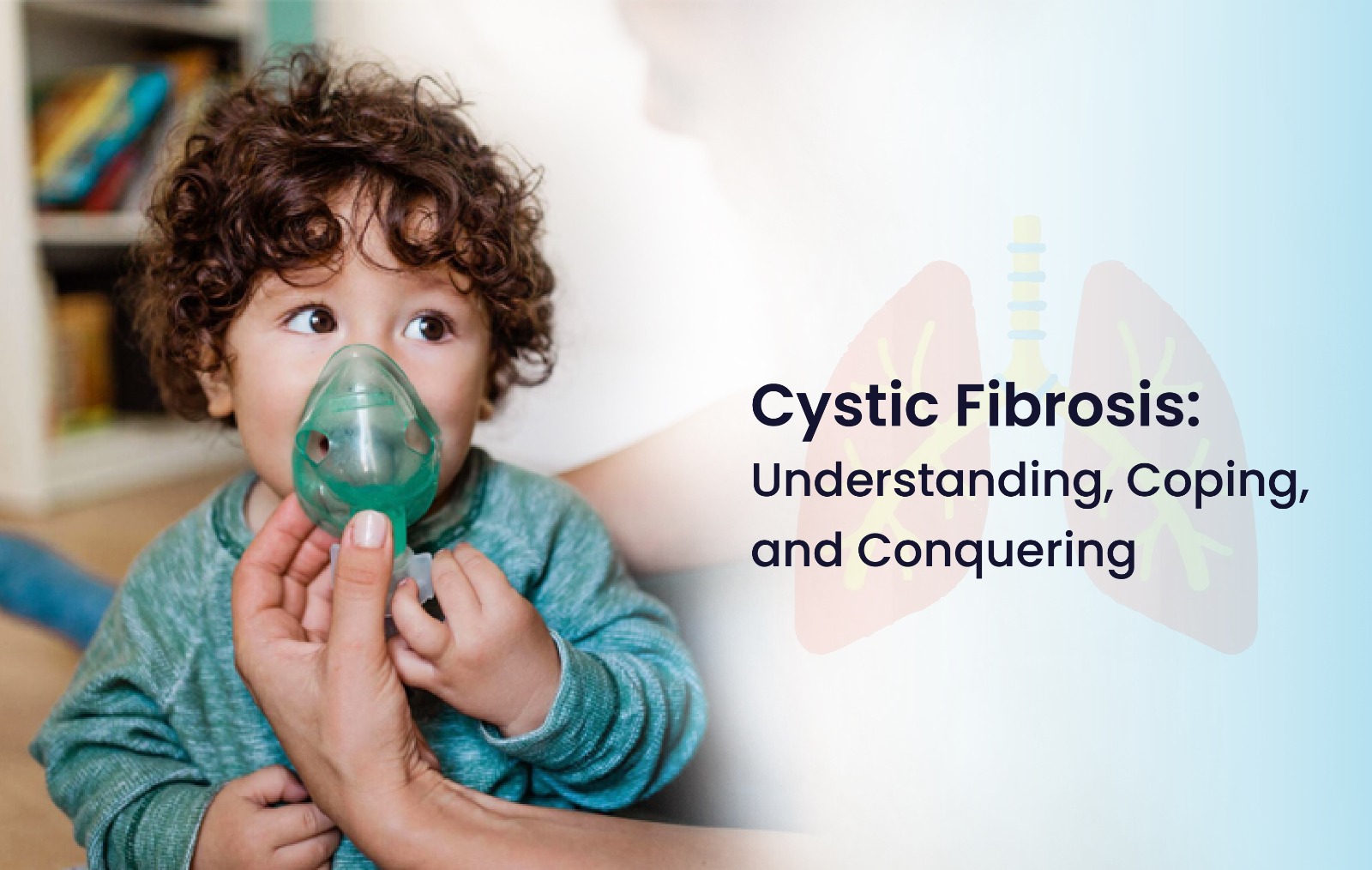2024-07-10
2024-04-12
2023-10-12
2023-09-13
2023-08-06
2023-08-04
2023-07-29
2023-07-05
2023-06-09
2023-02-03
2023-02-02
2023-01-06
2023-01-05
2023-01-04
2023-01-03
2023-01-02
2022-11-02
2022-07-30

Cystic fibrosis (CF) is a genetic disorder that affects thousands worldwide, impacting the lungs, digestive system, and other vital organs. Despite advances in medical science, CF remains a complex and challenging condition for those affected and their families. In this blog post, we delve into the intricacies of cystic fibrosis, exploring its causes, symptoms, treatment options, and the latest research breakthroughs. Moreover, we shed light on the remarkable resilience of individuals living with CF and the unwavering support networks that surround them.
Understanding Cystic Fibrosis:
Cystic fibrosis is a genetic disorder caused by mutations in the cystic fibrosis transmembrane conductance regulator (CFTR) gene. This gene encodes a protein involved in regulating the movement of salt and water in and out of cells, particularly in the epithelial cells lining the lungs, pancreas, liver, intestines, and sweat glands. When the CFTR protein is defective or absent, it leads to the production of thick, sticky mucus that clogs the airways and obstructs the ducts of various organs, resulting in chronic inflammation, recurrent infections, and progressive damage.
Symptoms and Complications:
The symptoms of cystic fibrosis vary in severity and may manifest differently in each individual. Common signs and complications of CF include:
- Persistent coughing with thick, sticky mucus.
- Frequent lung infections, such as pneumonia and bronchitis.
- Shortness of breath and wheezing.
- Poor growth and weight gain despite a hearty appetite.
- Digestive problems, including abdominal pain, diarrhea, and greasy stools due to pancreatic insufficiency.
- Salty-tasting skin and excessive sweating.
- Nasal polyps and chronic sinusitis.
- Infertility in males due to congenital absence of the vas deferens.
Treatment and Management:
While there is currently no cure for cystic fibrosis, advancements in medical treatments and therapies have significantly improved the quality of life and life expectancy for individuals with CF. Treatment approaches may include:
- Airway clearance techniques, such as chest physiotherapy and high-frequency chest wall oscillation, to help loosen and clear mucus from the lungs.
- Inhaled medications, including bronchodilators, mucolytics, and antibiotics, to improve airway function and prevent infections.
- Enzyme replacement therapy to aid digestion and nutrient absorption in individuals with pancreatic insufficiency.
- Nutritional support, including a high-calorie, high-protein diet and vitamin supplementation, to promote healthy growth and development.
- Lung transplant surgery for those with severe respiratory complications and progressive lung disease.
Research and Hope for the Future:
Despite the significant strides made in CF research and treatment, there is still much to be done to find a cure and improve outcomes for individuals with cystic fibrosis. Ongoing research efforts focus on developing novel therapies, gene-editing techniques, and personalized medicine approaches tailored to individuals' specific genetic mutations. Additionally, advances in precision medicine and CFTR modulator therapies offer promising prospects for targeted treatments that address the underlying cause of CF at the molecular level.
In conclusion, cystic fibrosis is a complex genetic disorder that poses unique challenges for those affected and their families. However, with advancements in medical care, ongoing research initiatives, and the unwavering resilience of the CF community, there is hope on the horizon. By raising awareness, supporting research efforts, and fostering compassionate care, we can continue to empower individuals living with cystic fibrosis and work towards a future where CF no longer defines limitations but instead inspires possibilities. Together at Sree Manju Hospital let us strive to unravel the mysteries of CF and pave the way towards a brighter, healthier tomorrow.